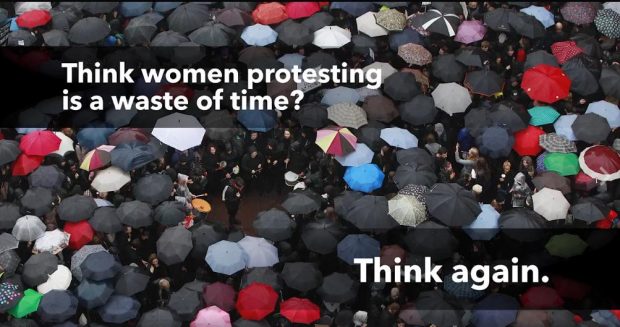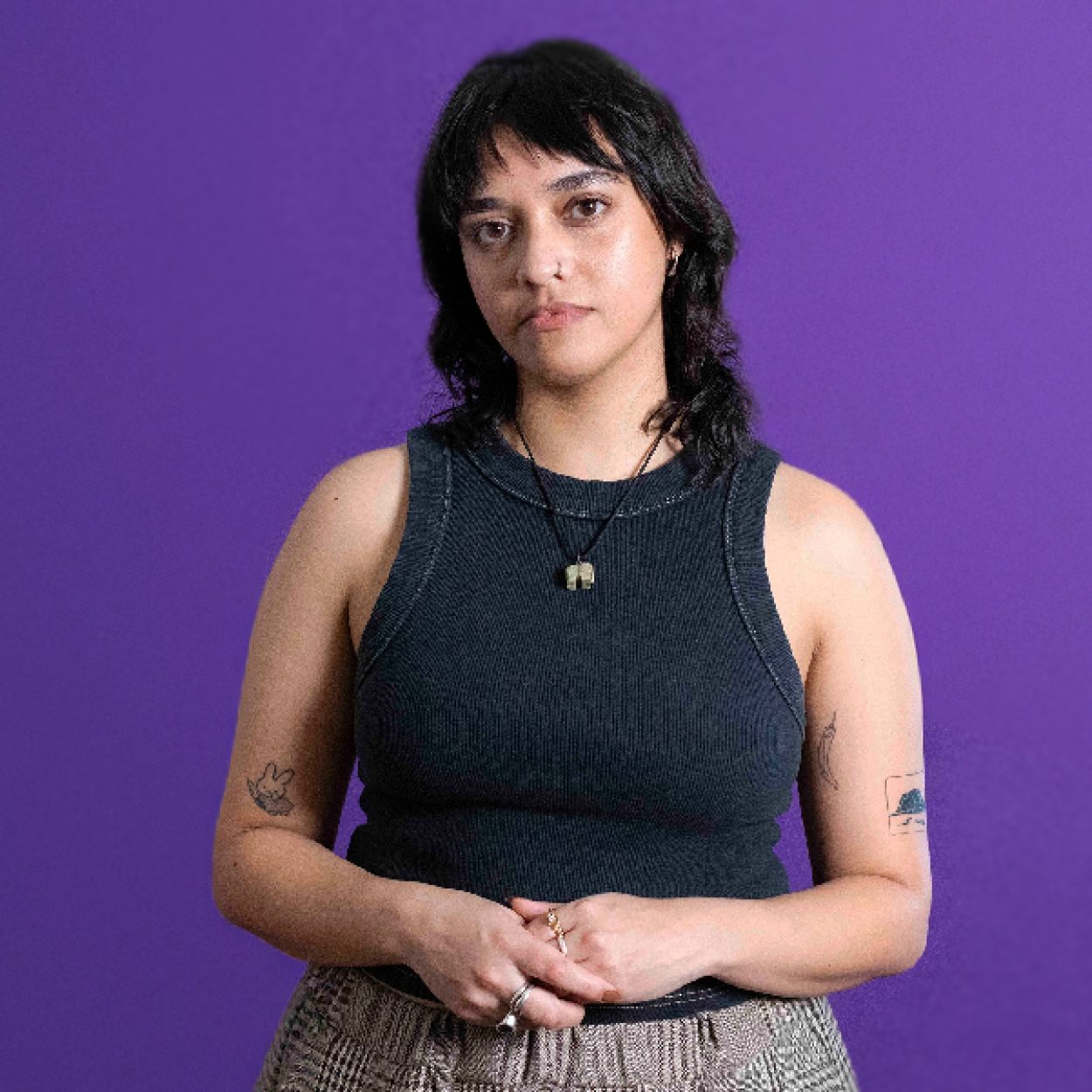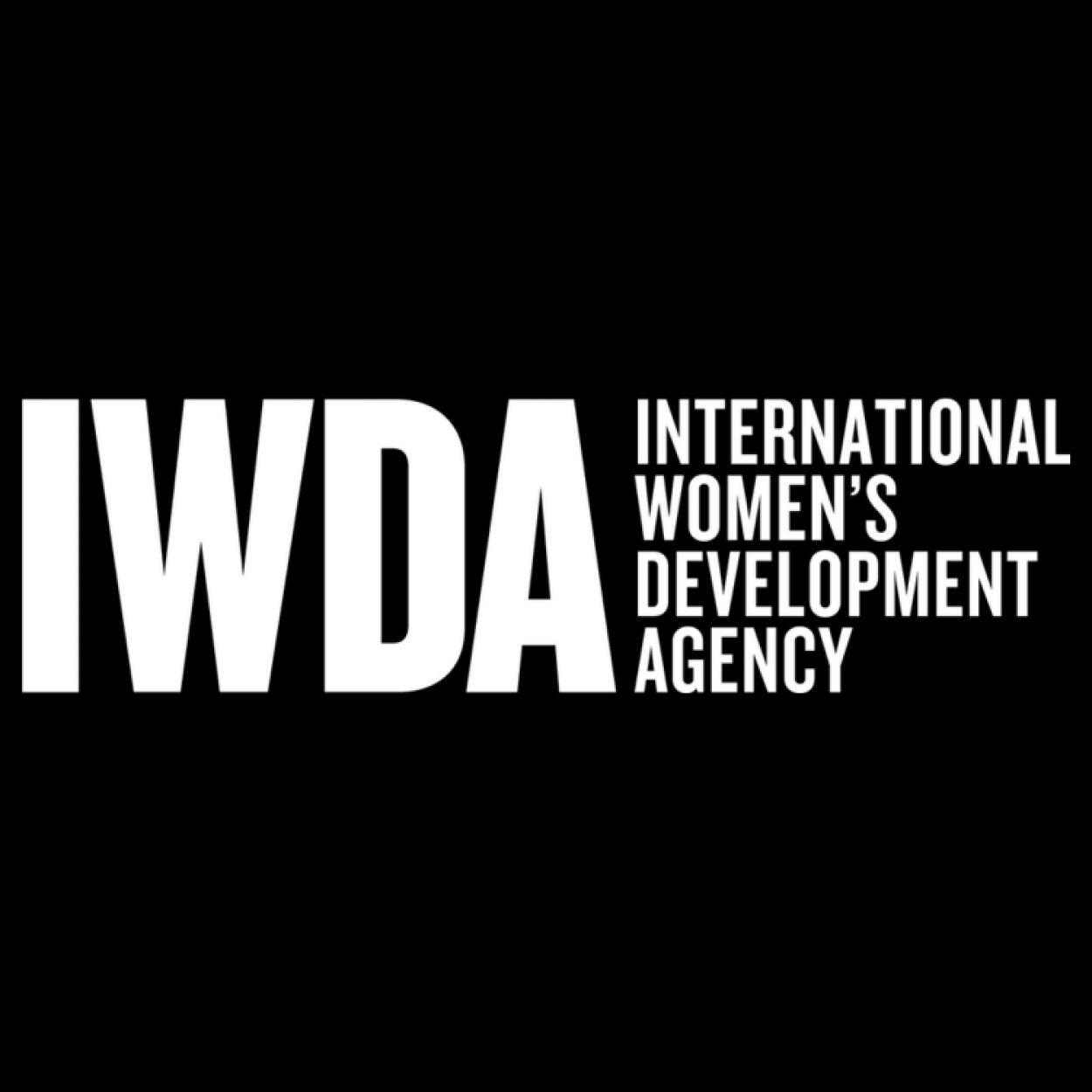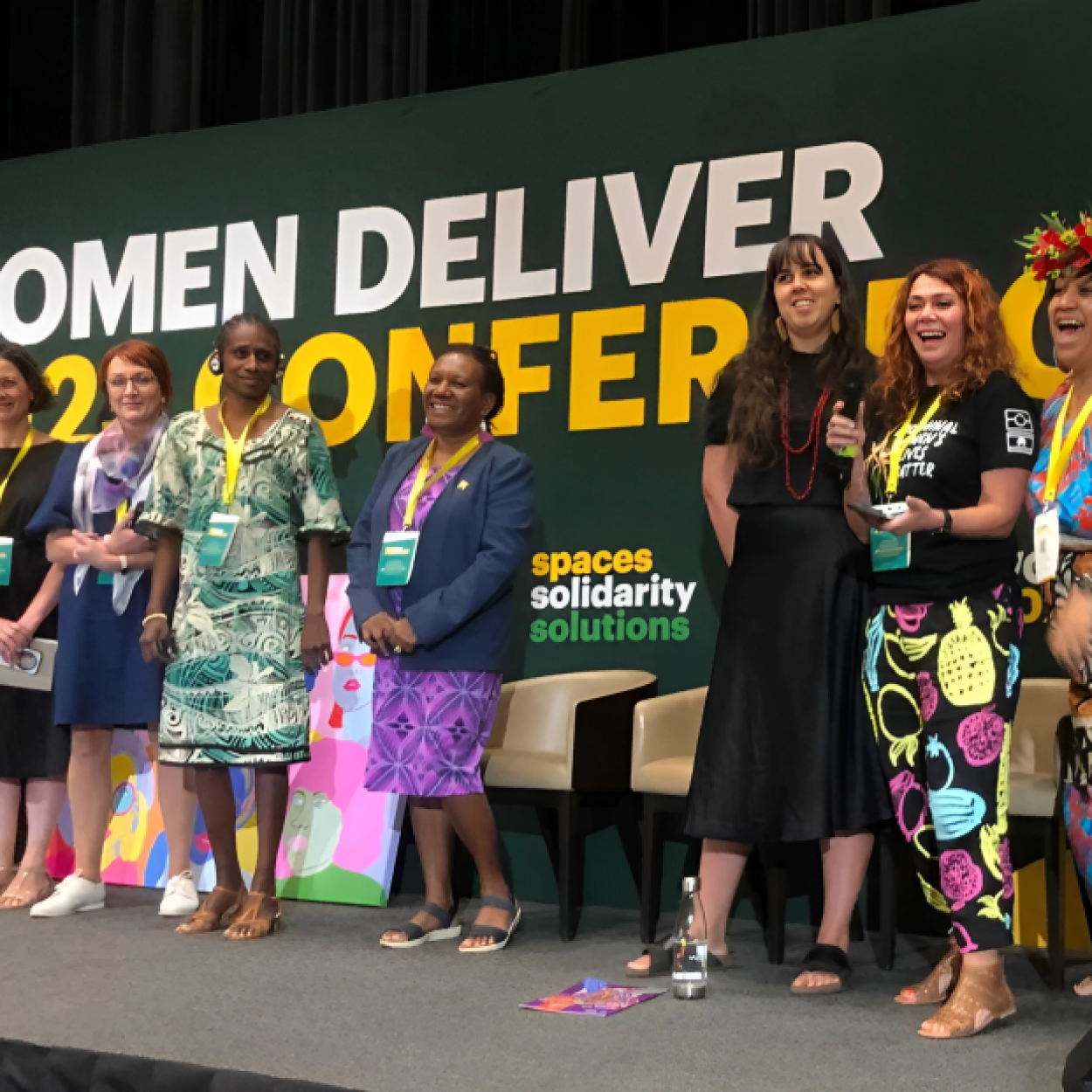Australia to Tanzania: 5 Major Achievements For The Women’s Movement This Year
When looking for this year’s improvements in gender equality and women’s rights, it can be easy to get caught up in the negatives. But despite the losses and setbacks of 2016, the women’s rights movement has also seen significant gains.
Here are six stories that stuck with us in 2016:
Gender equality gets its own Global Goal
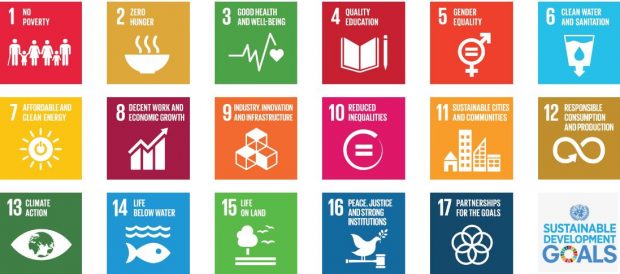
The 193 member states of the United Nations have formally adopted new Global Goals that aim to secure our common future on planet earth and set the development agenda for the next 15 years. And for the first time, there is a Goal solely dedicated to gender equality and empowering all women and girls.
Goal 5 covers an exciting breadth of issues such as eliminating violence against women and girls, ensuring women’s full participation at all levels of decision-making and women’s equal rights to economic resources. Targets and goals are important because they inspire and focus action – what gets measured is more likely to get done. The inclusion of this goal is a major achievement which was by no means guaranteed. It is the result of tireless efforts of women’s rights organisations and networks all over the world.
Victoria launches first ever Gender Equality Strategy
In a hugely progressive move, Victoria became the first Australian state to create a dedicated Gender Equality Strategy. Critically, the Strategy includes feedback from many prominent women’s rights activists and organisations, including IWDA CEO Joanna Hayter. In November, the Minister for the Prevention of Family Violence Fiona Richardson launched a Consultation Paper that will seek input from business, community groups and the public.
The Gender Equality Strategy addresses the fundamental connection between gender inequality and violence against women, and will guide the state’s actions and priorities for achieving equal social, civic and economic participation for women in Victoria.
Timor-Leste doubles the number of women Village Chiefs in 2016
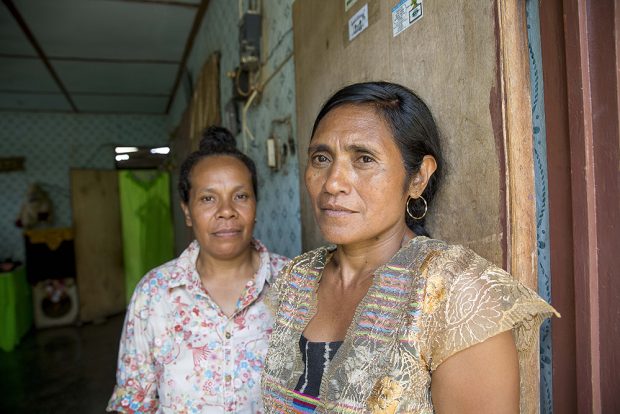
Village Chiefs are in charge of convening communities to identify priorities for development support, coordinate delivery of services, and have an important role in dispute resolution and ensuring access to justice, including in domestic violence cases. They play a critical part in shaping community perceptions – something particularly significant in a place where 86% of women aged 15 to 49 believe that a husband is justified in beating his wife.
Before the recent Village elections in Timor-Leste, only 11 of the 442 elected Village Chiefs were women. Amazingly, in 2016 they doubled the number of women Village Chiefs – 21 women were elected. This doesn’t seem like much, but it is an exciting step forward against significant barriers. We believe that, by supporting candidates through our partners and educating the public on why women in leadership matters, that the next election will show an even greater jump.
Gambia and Tanzania outlaw child marriage
Currently, roughly 30% of girls in Gambia and 37% of girls in Tanzania are married before their 18th birthday. This limits their education options, earning capacity, and heavily impinges on their human rights. In July, Gambia and Tanzania have become the latest countries to ban child marriage, making it illegal to marry a girl below the age of 18.
Before the ban, girls as young as 14 could be married with parental consent. Now, anyone found marrying a girl before she turns 18 could be jailed for up to 20 years. It’s a huge win for girl’s rights, and will hopefully pave the way for more countries to adopt similar bans.
Poland protestors successfully squash oppressive abortion law
In October, over 30,000 black-clad women came out to protest a law that would completely ban abortion, even in cases of rape, incest, or harm to mother or child. Days later, the proposed legislation was squashed. Poland’s Deputy Prime Minister said the protests “gave us food for thought and certainly taught us humility”.
But the protests haven’t just halted the law – they’ve shifted public opinion. Polls taken at the time show near-unanimous opposition to the law, and increased support of more liberal laws. These amazing women standing together have transformed the history of their nation. They’re proof that protesting can enact real change.
2016 has been a strong year for the growing women’s rights movement. We hope that this time next year, we have even more to get excited about.
